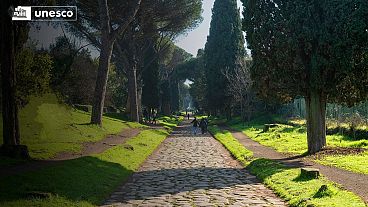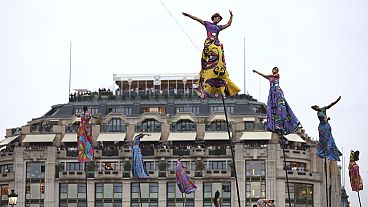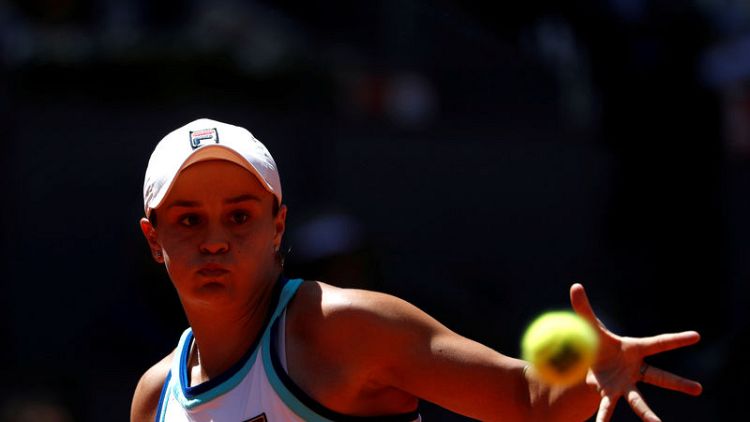By Ian Ransom
(Reuters) - Ashleigh Barty sent Australia into a frenzy with her maiden Grand Slam quarter-final at Melbourne Park in January so the sports-mad nation will be eager to see how she progresses at the French Open next week.
With confidence oozing from every pore, the 23-year-old Queenslander has enjoyed the best season start in her career and claimed her maiden WTA Premier event in Miami to become her country's first top 10 player since Sam Stosur in 2013.
Her preparations have been hampered by a flare-up of a long-time arm injury, causing her to pull out of the Strasbourg event.
But as the eighth seed in Paris, she has her best chance of going deep at a tournament that has mostly proved confounding for her.
Barty joked last year that every week that passes during the clay court season brings her a week closer to the relative comforts of grass, and getting fired up to get her "socks dirty" in the red dust has been a battle of will.
Despite that, she made an encouraging run to the quarter-finals at Madrid this month before being bounced in straight sets by the wily French Open champion Simona Halep.
Australia have not had a Grand Slam champion, male or female, since Stosur upset Serena Williams in the 2011 U.S. Open final, and the stocky, terrier-like Barty is probably the country's best hope of ending the fallow period, notwithstanding the tempestuous talent of Nick Kyrgios in the men's draw.
Unlike Kyrgios, the 5ft-5in (1.65m) Barty is universally admired for her grit, grace and work ethic. Her commitment to improve has been seen in the gradual transformation of her serve from a weakness to one of the best on tour.
Much of her rise in tennis has been measured rather than meteoric, despite announcing her talent as a 15-year-old when she won the 2011 Wimbledon girls' title.
The grind of the tour was tough on her as a teenager and she cried every night on her first two-month trip to Europe.
After a year in which she saw her Brisbane-based parents for a total of 27 days, the single-minded Barty abruptly walked away from the game and took a surprising detour into professional cricket.
Despite having no background in the sport, her Brisbane coach said he had never seen a talent like her and tipped her for national duty with the world-beating Australian women's team had she not gone back to her first love after an 18-month break.
In the post-hiatus return, which she calls "Tennis 2.0", Barty's improvement has been steady, deliberate and sustained while also supported by the rush of success in the team-based Fed Cup.
She has virtually carried Australia into their first final since 1993, becoming the first woman from any nation to win all three rubbers in both the opening round and semi-finals since the best-of-five format was introduced in 1995.
Barty is not only flying the flag for her country but is also "an extremely proud indigenous woman", the first Aboriginal Australian to reach the last eight of a Grand Slam since the great Evonne Goolagong Cawley.
With bad boys Kyrgios and Bernard Tomic eliciting more groans than cheers in recent years, the plainspoken Barty has been a breath of fresh air for a nation that prizes humility in its sporting heroes.
"I understand that I am in the public eye and I have to set the right example," she said in a recent interview.
"I want to do everything possible to win a tennis match, but (if you lose) at the end of the day, you shake your opponent in the hand, you look them in the eye and say 'too good, mate'."
(Editing by Amlan Chakraborty)












